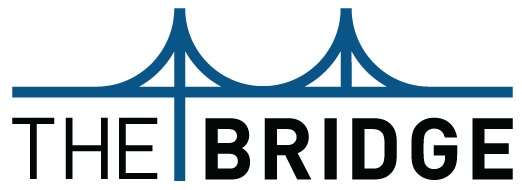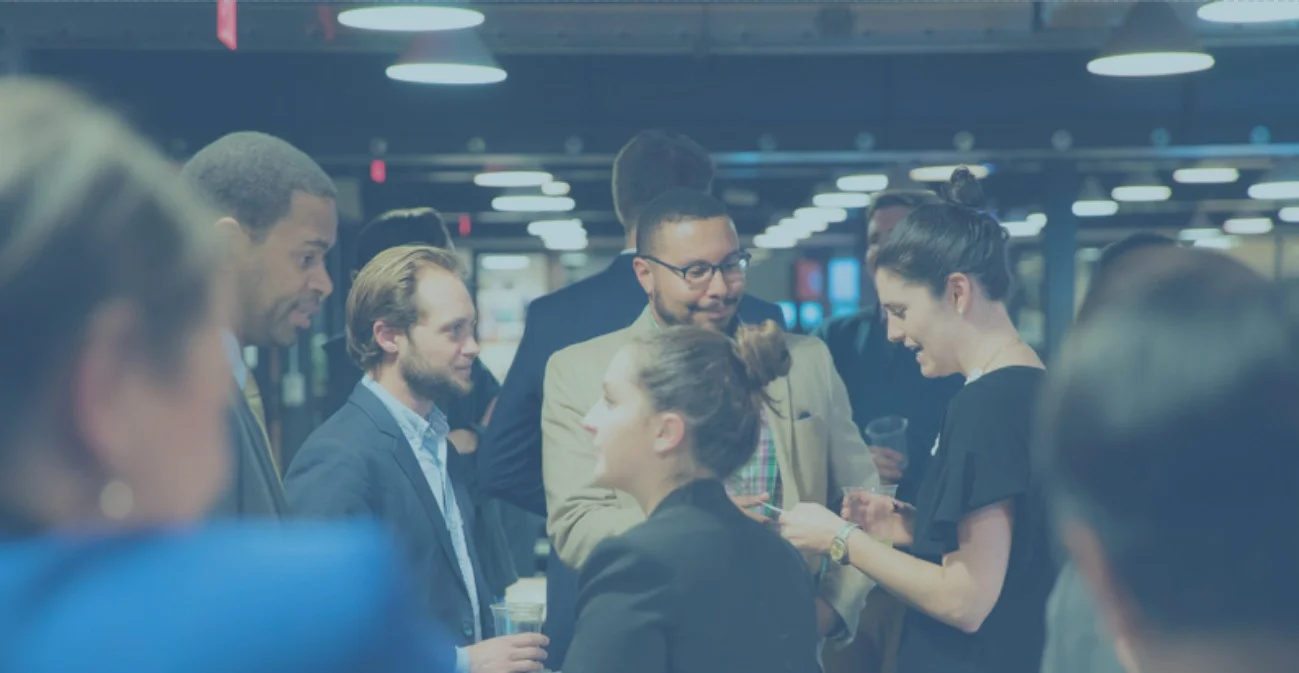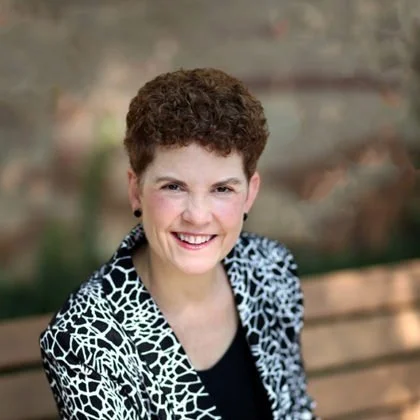TheBridge profile: Audrey Kurth Cronin
Name: Audrey Kurth Cronin
Current city: Pittsburgh, PA
Current job: Trustees Professor of Security and Technology and Director of the Carnegie Mellon Institute for Strategy and Technology (CMIST)
Past job: Founding Director, American University's Center for Security, Innovation, and New Technology (CSINT)
Q. How are you currently bridging the gap between innovation and regulation? At the Carnegie Mellon Institute for Strategy & Technology (CMIST), we’re bridging the gap by combining cutting-edge tech research with a deep understanding of the social, political, and ethical issues these technologies raise. We bring together experts from areas like AI, machine learning, robotics, and cybersecurity, and work closely with policymakers and strategists to figure out how to manage the risks while maximizing the benefits of new technologies. By taking a collaborative, problem-solving approach, we’re helping to shape regulations that not only keep up with the pace of innovation but also ensure these technologies are used responsibly, especially in areas like national security and global stability.
Q. Job advice in three words? Always keep learning.
Q. What can innovators learn from policymakers? Policymakers often work with long-term goals and frameworks that guide their decisions. I think innovators can benefit from adopting a similar forward-thinking approach, ensuring that their projects align with broader societal or industry trends. They can also learn how to better engage with various stakeholders as policymakers do on a daily – if not hourly – basis and navigate the regulatory landscape, all while keeping an eye on the broader societal impact of their work.
Q. What can policymakers learn from innovators? For one, they can see how embracing creativity and flexibility can lead to more dynamic and effective solutions. Innovators are often skilled at experimenting with new approaches and adapting quickly, which can inspire policymakers to be more open to trying different strategies and iterating on their ideas. And I think by focusing more on the “user” as innovators do in user-design, policymakers can create policies that actually meet people’s needs.
Q. Can you describe a skill you have carried throughout your career that has always proved to be valuable? I think the ability to stay focused. Being able to prioritize tasks and block out distractions has helped me tackle complex challenges and deliver solid results, even when things get busy. It's really been key to keeping up quality work and making steady progress on the many projects on my desk.
Q. What is the best job interview question you have ever been asked? “Can you describe a challenging project you worked on and how you overcame the obstacles?” I always ask this question too. I think in interviews candidates often want to showcase their expertise using positive anecdotes, but that can be done just as well, if not better, by demonstrating how they respond to adversity.
Q. Favorite spot for a coffee meeting? La Prima Espresso, on CMU’s campus. It’s a local Pittsburgh company and I enjoy meeting folks there for a nice chat and pick-me-up.
Q. Favorite book/podcast/long-form article you recommend? I like the podcast Your Undivided Attention, hosted by Tristan Harris and Aza Raskin. It’s very well produced and covers crucial tech issues that others miss --plus I had a great experience doing an episode myself about 18 months ago.
Q. Why are you part of TheBridge community? Or, why do you think it's important this community exists for tech, policy and political professionals? It’s critical for tech professionals, policymakers, and academics to be in the same community because they each bring a unique perspective that only when considered together, makes this ecosystem successful. Tech professionals push innovation, policymakers ensure it’s used safely and responsibly, and academics, (and institutes like CMIST) add research-driven insights that help everyone see the bigger picture. When these groups do work together, we can spot potential challenges early, create policies that keep pace with fast-moving technology, and make sure that innovations are not only practical but also ethical and beneficial for our society.
Q. Everyday is probably different, but are there certain skills you think are essential to your job? Every day at CMIST is definitely different, given the broad scope of our work with emerging technologies and national security; but I think a few key skills are helpful. First, interdisciplinary collaboration is crucial – our team draws from fields like machine learning, cybersecurity, and political science, so working effectively across disciplines is a must. Second, critical thinking is key for analyzing the political, social, and ethical impacts of these technologies. Finally, an entrepreneurial problem-solving mindset is essential as we navigate the complexities of these issues with a very small team. I’m always saying we need to run like a start-up, at least for now!
Q. Looking back, what advice would you give yourself in the beginning of your career? I’d probably tell myself to speak up for my ideas and make sure my needs are heard from the start. As a woman, it’s really important to advocate for yourself and ensure your contributions are recognized. It helps to build confidence and establish your value in your industry. (It took me quite a while to learn that.)
I’d also tell young Audrey that many of my greatest opportunities will emerge out of my setbacks. Look for a creative way around the problem, work hard, and have faith in yourself.
Q. What's one piece of advice you are still trying to master? Work-life balance!
Q. Most underrated virtue in an employee? I’d say adaptability. The ability to adjust to changing circumstances and embrace new challenges can sometimes be more valuable than technical skills or experience, especially in fast-paced environments.
Q. If you had to live in another city, which would it be? Oxford, UK. I did my graduate work there, met my husband there, and love the intellectual community and resources available there.
Q. Best advice you’ve received? The best advice I’ve received is to really appreciate the little wins and moments along the way. It makes the journey more fulfilling and helps you stay positive.


